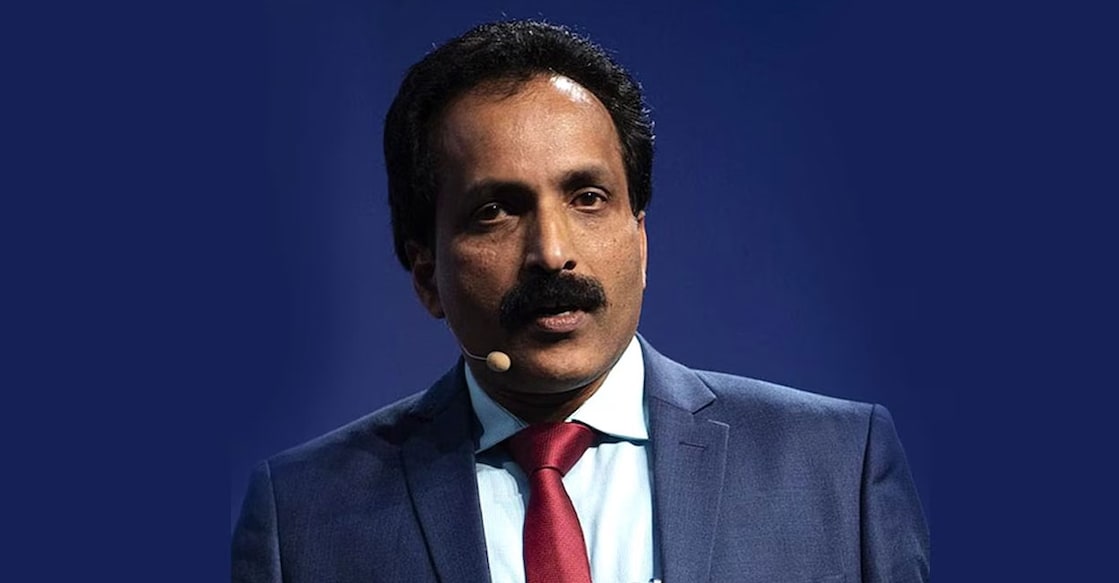India’s first space station unit is just 4 years ahead: ISRO chief S Somanath

Mail This Article
Thiruvananthapuram: India's space exploration efforts are set to reach new heights as the Indian Space Research Organisation (ISRO) announced its plans to launch the first phase of the country's space station project in 2028.
The project, named Bharatiya Antariksha Station (Indian Space Station), is in the final stages of design, revealed ISRO Chairman S Somanath. The construction of the station is anticipated to be completed by 2035, marking a significant milestone in India's space ambitions.
According to Somanath, humans could be sent to the station after the successful launch of the first phase. The hardware for the station would be developed at the Vikram Sarabhai Space Centre (VSSC) and the electronics components would be manufactured at the UR Rao Satellite Centre (URSC) in Bengaluru.
The ISRO chief further said that India would soon launch a mission to bring lunar soil - fine fractions of lunar regolith - to Earth. The Venus mission - Shukrayaan-1 - would soon follow.
Somanath said that Prime Minister Narendra Modi had set ISRO a target of 2040 to land a man on the moon. All the projects would need the government's approval, he told Manorama.
No plans for a second team
The space research chief said no plan has been made to select a second team of Indian space travellers. However, select people were being trained for the space mission. The Prime Minister has also instructed them to continue the missions to send man to space.
Mission G-1 in July
Ahead of the Gaganyaan Mission, the ISRO would take up the G-1 Mission in July to send a robot, Vyommitra, to space. The ISRO has been expecting to launch the unmanned crew module mission, G-2, by year-end, and G-3 by mid-2025. The Gaganyaan Mission (H-1), to send man to space, would be launched after G-3.
Only one traveller
Though the crew module could accommodate three space travellers, only one person would be selected since H-1 would be India's maiden mission. The module would spend a day in orbit before returning to Earth, though it has been designed to remain in space for three days.
Somanath said the Gaganyaan Mission would prove India's capability to send a man to space and return the traveller safely back to Earth.

